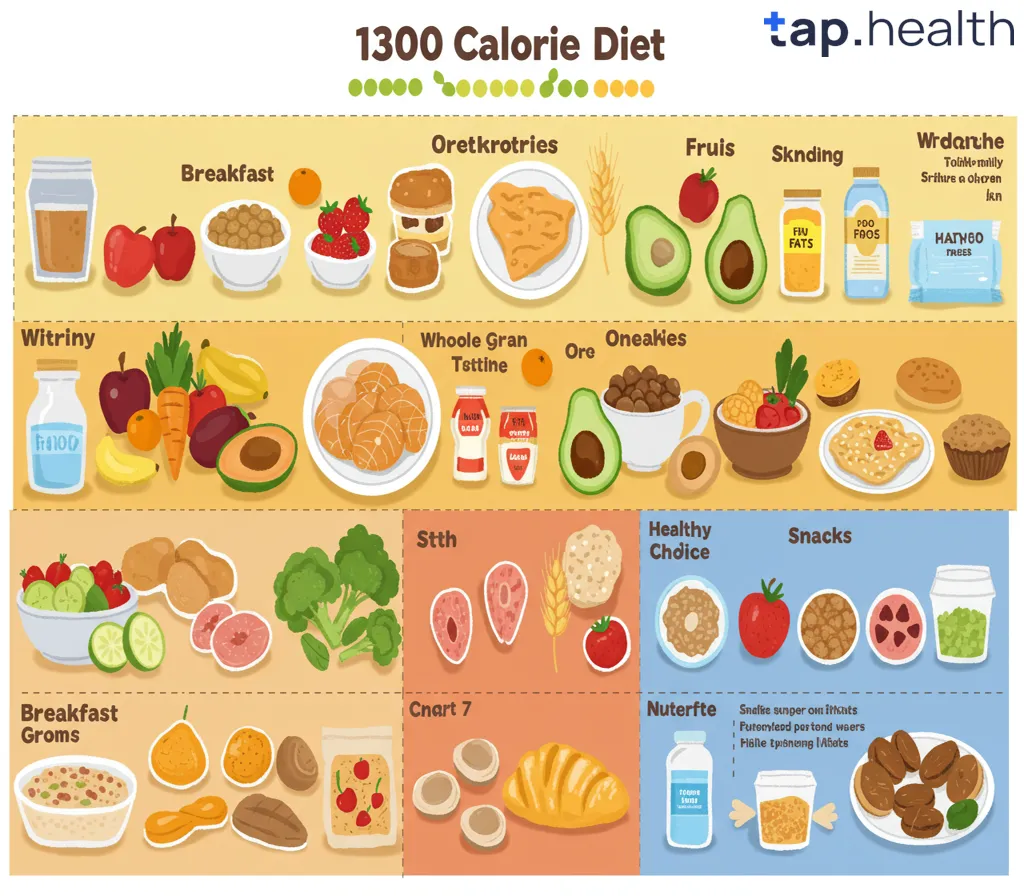Is Cantaloupe Good for Diabetic Patients?
Cantaloupe, a sweet and refreshing melon, is not only a delicious treat but also a healthy fruit that offers various nutritional benefits. For those living with diabetes, managing blood sugar levels is a top priority, and many people wonder if cantaloupe is a suitable fruit to include in their diet. This article explores the impact of cantaloupe on blood sugar, its nutritional profile, and how it can be enjoyed as part of a diabetes-friendly diet.
Nutritional Benefits of Cantaloupe
Cantaloupe is packed with essential vitamins, minerals, and antioxidants. A 100-gram serving of cantaloupe contains:
- Calories: 34
- Carbohydrates: 8.2 grams
- Fiber: 0.9 grams
- Vitamin A: 169 µg
- Vitamin C: 36.7 mg
- Potassium: 267 mg
This fruit is low in calories and carbohydrates, making it a healthy option for those with diabetes. Cantaloupe is especially high in vitamin A (in the form of beta-carotene) and vitamin C, both of which offer immune-boosting and antioxidant properties.
How Cantaloupe Affects Blood Sugar Levels
For people with diabetes, understanding the impact of food on blood sugar levels is essential. The glycemic index (GI) and glycemic load (GL) are important indicators when assessing how a particular food affects blood glucose levels.
Low Glycemic Index and Glycemic Load of Cantaloupe
Cantaloupe has a low glycemic index (GI) of around 65, which is classified as moderate. The glycemic load (GL) of cantaloupe is also relatively low, at about 4 for a 100-gram serving. This means that cantaloupe is less likely to cause significant spikes in blood sugar when consumed in moderation, making it a suitable choice for diabetic patients.
However, due to its moderate GI, it is best consumed in smaller portions to prevent any potential increases in blood sugar levels.
The Role of Cantaloupe in Hydration
Diabetic patients are often encouraged to stay well-hydrated, as dehydration can lead to high blood sugar levels and other complications. Cantaloupe has a high water content—about 90%—which can help maintain hydration levels.
Hydration and Blood Sugar Control
The high water content in cantaloupe can help support kidney function and manage blood sugar levels by flushing out excess glucose. Staying hydrated is crucial for everyone, particularly diabetics, as it helps the body process glucose more efficiently. Including water-rich fruits like cantaloupe can be a smart and refreshing way to maintain hydration.
Cantaloupe and Weight Management for Diabetics
Maintaining a healthy weight is essential for people with diabetes, as it helps regulate blood sugar levels and reduce insulin resistance. Cantaloupe is a low-calorie fruit with a high water content, making it an excellent option for those looking to manage their weight.
Cantaloupe for Satiety and Portion Control
The fiber content in cantaloupe, though modest, can help promote feelings of fullness, making it easier to control portion sizes and avoid overeating. Including cantaloupe in meals or snacks can be a healthy, hydrating way to reduce calorie intake without compromising on nutrition or satisfaction.
Cantaloupe and Heart Health
Diabetes increases the risk of developing cardiovascular diseases, and maintaining heart health is crucial for diabetics. Cantaloupe offers several benefits that support heart health.
Potassium and Blood Pressure Control
Cantaloupe is a good source of potassium, with a 100-gram serving providing about 267 mg. Potassium helps balance sodium levels in the body and regulates blood pressure, which is crucial for preventing complications associated with high blood pressure, a common concern for diabetics.
Antioxidants for Heart Health
Cantaloupe is also rich in antioxidants, including vitamin C and beta-carotene, which help reduce inflammation and protect the blood vessels from oxidative damage. This contributes to better circulation and heart health for people with diabetes.
How to Incorporate Cantaloupe in a Diabetic Diet
Cantaloupe can be a delicious and nutritious addition to a diabetic-friendly diet, but moderation is key. Here are some ways to enjoy cantaloupe while maintaining blood sugar control:
Cantaloupe as a Snack
Enjoy a small serving of cantaloupe as a refreshing snack. You can pair it with a handful of nuts or seeds for added protein and healthy fats, which can help stabilize blood sugar levels.
Cantaloupe in Salads
Add diced cantaloupe to fresh salads for a burst of sweetness. Combine it with leafy greens, cucumbers, and a light vinaigrette dressing for a balanced, blood-sugar-friendly meal.
Smoothies
Blend cantaloupe with other low-GI fruits like berries, and add some unsweetened almond milk or Greek yogurt for a nutrient-packed smoothie. This can be a great option for breakfast or a post-workout snack.
Cantaloupe Popsicles
For a fun treat, freeze cantaloupe chunks in ice cube trays or popsicle molds for a refreshing, hydrating snack on hot days.
FAQ on Cantaloupe and Diabetes
Q1: Is cantaloupe safe for diabetics to eat?
Yes, cantaloupe can be safely included in a diabetic diet in moderation. Due to its low glycemic load and water content, it is a suitable choice, but portion control is important to avoid blood sugar spikes.
Q2: How much cantaloupe can diabetics eat?
A moderate portion of cantaloupe, such as 100 grams (about 1/2 cup), is a reasonable serving size for people with diabetes. It is important to balance it with other low-carb, high-fiber foods to maintain stable blood sugar levels.
Q3: Can cantaloupe cause a spike in blood sugar?
While cantaloupe has a moderate glycemic index, it is less likely to cause a significant spike in blood sugar when consumed in small portions. It’s important to monitor blood sugar levels and avoid overeating.
Q4: Is cantaloupe better than other fruits for diabetics?
Cantaloupe is a healthy fruit for diabetics, but other fruits like berries, apples, and pears may have lower glycemic indexes and higher fiber content. It’s best to enjoy a variety of fruits in moderation for balanced nutrition.
Q5: Can cantaloupe help with weight loss for diabetics?
Yes, cantaloupe is low in calories and high in water content, making it a great option for weight management. Its fiber content also helps promote feelings of fullness, which can aid in portion control.
Conclusion
Cantaloupe is a nutritious and hydrating fruit that can be a beneficial addition to a diabetic-friendly diet. Its low glycemic load, high water content, and rich nutrient profile make it a great option for managing blood sugar levels, supporting heart health, and promoting hydration. However, as with all fruits, it is important to consume cantaloupe in moderation and balance it with other low-carb, high-fiber foods to maintain stable blood glucose levels.



